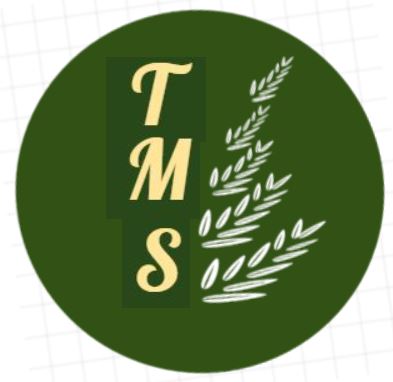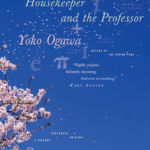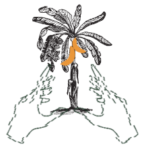- Psychologist John Gottman: can tell of couples will last the next 15 years just through studying a conversation. (Micro-expressions) – contempt means no, they will not.
- Psychologist Samuel Gosling did an experiment on college students (friends vs strangers). Both were on point if not, strangers more just by looking at their rooms. (Thin-slicing)- you don’t need to know someone for job or just their character (only need 10 min on their house)
- Frame of mind: ‘hooligans’ vs ‘smart’. These qualities were played upon even before the exercise and they’ve matched it. Whoever was played hooligan, did worst and vice versa.
- IAT tests
- Improve is funny because it lets the ‘unrealistic’ happen. Always say yes! And go with it
- Connection between the unconscious and conscious is tricky. The unconscious knows way before you know something consciously, but when you explicitly try to make consciousness, it’s inaccurate. For ex. You see someone at café and you’re given pic of many ppl, you’d know unconsciously and point it out. However, when asked to describe the person to an artist (face, hair color, jewelry), we fumble.
- Less is more. Sometimes less information allows you to make better decisions than overwhelmed with all the specificity of a case.
- to detect heart attack: ECG, blood pressure, fluid in the lungs and unstable angina.
- knowing all the info in war doesn’t provide much ( Paul Van Riper): he was a villain in a war assimilation. He was Red team. The Blue team had all the tech and knowledge but Red team won because too my specificity can narrow focus and take away from big picture.
- to detect heart attack: ECG, blood pressure, fluid in the lungs and unstable angina.
- Paul Ekman and Friesen can read facial expressions so well that they are almost kind reader.
- The example about Diallo was a tragedy of not being able to thin slice. The pressure of it blocks the mind from thinking clearly.
When making a decision is minor importance, I’ve always found it advantageous to consider all the pros and cons. In vital matters, however, such as the choice of a mate or a profession, the decision should come from the unconscious, from somewhere within ourselves. In the important decisions I’d personal life, we should be governed, I think, by the deep inner needs of our nature.
– Sigmund Freud




